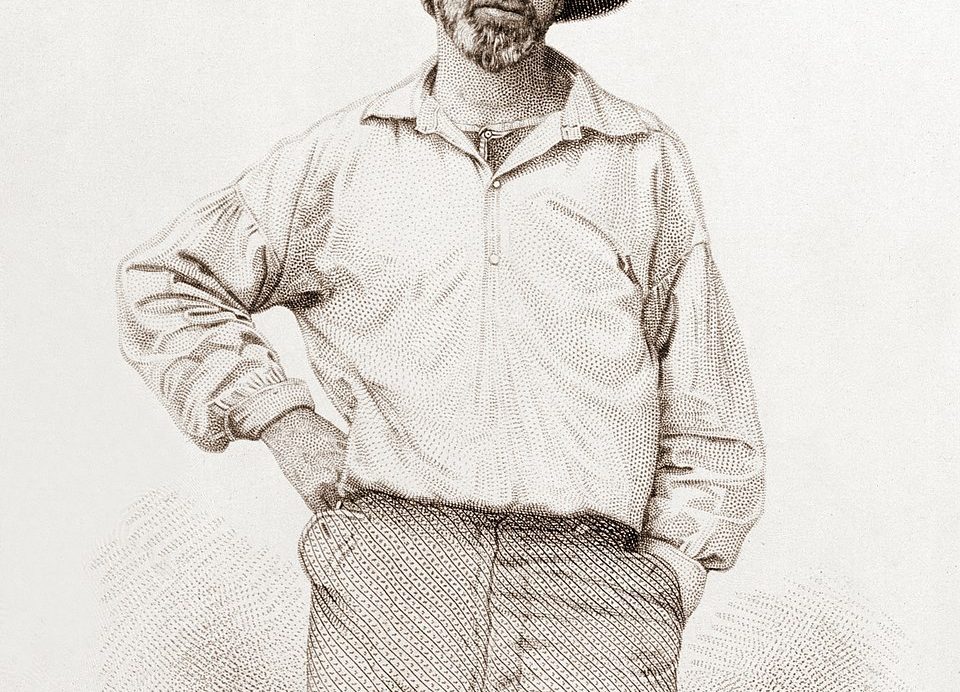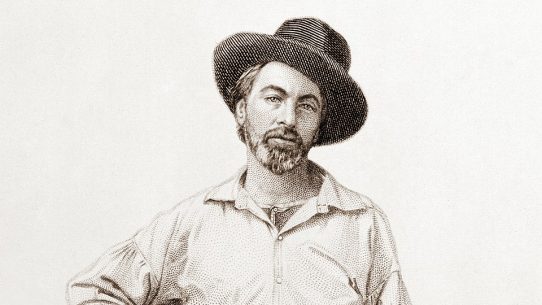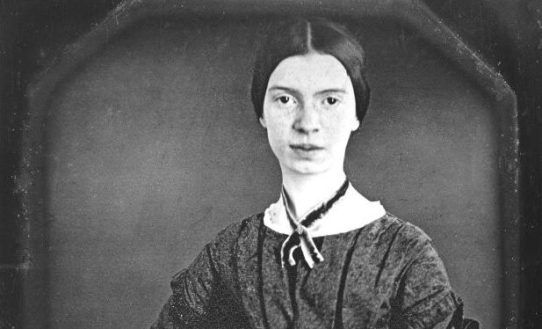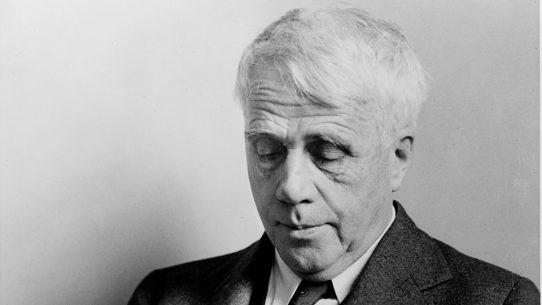Born: May 31, 1819, West Hills, New York, United States
Died: March 26, 1892, Camden, New Jersey, United States
Nationality: American
Literary Period/Movement: American Romanticism, Transcendentalism
Introduction
Walt Whitman (1819–1892) was an American poet whose groundbreaking collection Leaves of Grass revolutionized modern poetry. His celebration of democracy, the body, and the self reshaped the literary imagination of the nineteenth century and continues to influence writers and readers around the world.
Early Life and Education
Whitman was born into a large working-class family on Long Island and spent his youth in Brooklyn, where he attended public school until the age of eleven. He left early to help support his family, working as a printer’s apprentice, teacher, and journalist. These experiences immersed him in the rhythms of everyday American life, a theme that would later define his poetry.
Although his formal education was limited, Whitman was an avid reader who absorbed the ideas of Ralph Waldo Emerson and other Transcendentalist thinkers. He was drawn to their belief in the divine potential of the individual and the unity between nature and spirit, ideas that became central to his artistic philosophy.
Literary Career and Major Works
Whitman self-published the first edition of Leaves of Grass in 1855, a slender volume containing twelve untitled poems. Among them was the iconic Song of Myself, a sprawling work that celebrated the human body, the soul, and the democratic spirit of America. His unconventional free verse style, sensual imagery, and unrestrained optimism shocked some readers and thrilled others.
Over the next four decades, Whitman continued to revise and expand Leaves of Grass, adding new poems with each edition. The book grew into a lifelong project — a reflection of his evolving vision of America and humanity. His wartime experiences as a volunteer nurse during the Civil War inspired powerful poems such as Drum-Taps (1865), which revealed a deeper awareness of suffering, compassion, and loss.
Though often controversial, Whitman eventually achieved wide recognition. Critics came to see him as the poetic voice of American democracy — bold, inclusive, and deeply humanistic.
Style, Themes, and Influence
Whitman’s poetry broke from the rigid formalism of his era. His use of free verse, long rhythmic lines, and catalog-like repetitions created a new kind of music in poetry. He wrote about love, death, sexuality, nature, and the interconnectedness of all beings, celebrating both the physical and the spiritual aspects of life.
At the heart of Whitman’s work lies his faith in democracy and the individual’s sacred worth. He saw poetry as a means of uniting people, transcending divisions of class, race, and gender. His influence can be seen in later poets such as Langston Hughes, Allen Ginsberg, Pablo Neruda, and countless others who drew inspiration from his fearless exploration of the self and the nation.
Later Life and Legacy
After suffering a stroke in 1873, Whitman moved to Camden, New Jersey, where he lived modestly while continuing to write and revise his work. Despite declining health, he published several final editions of Leaves of Grass, culminating in the “deathbed edition” of 1891–1892. He died shortly afterward at the age of seventy-two.
Whitman’s legacy endures as one of the foundational voices of American literature. His poetry continues to inspire discussions about identity, equality, and the spiritual dimensions of democracy. To many, he remains the poet who gave America its truest literary mirror.
Notable Works
- Leaves of Grass (1855, multiple editions)
- Song of Myself (1855)
- Drum-Taps (1865)
- O Captain! My Captain! (1865)
- When Lilacs Last in the Dooryard Bloom’d (1865)
- Specimen Days (1882)
Related Poets
Emily Dickinson, Robert Frost, Langston Hughes



